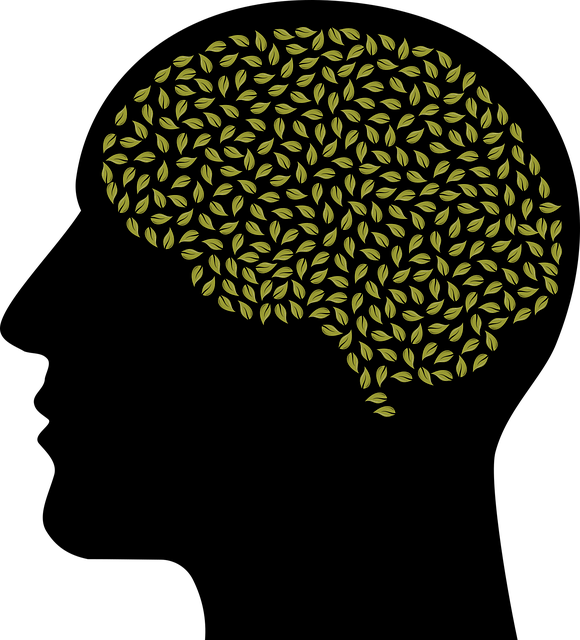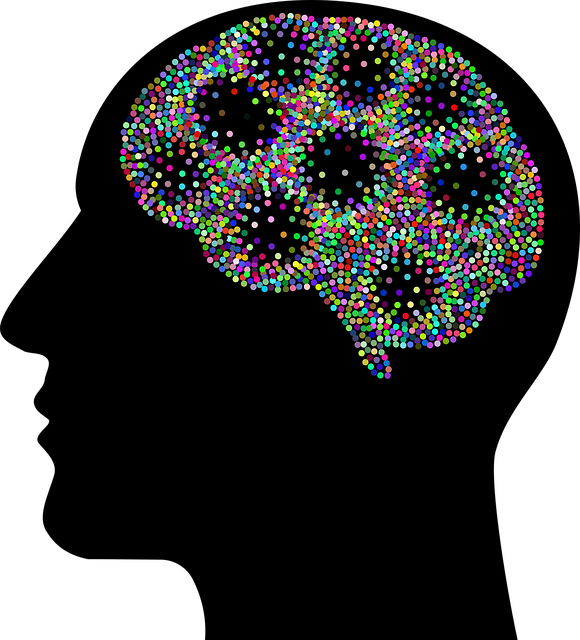Highlands Ranch ADD-ADHD Therapy goes beyond crisis intervention by addressing acute distress periods related to Attention Deficit Disorder with Hyperactivity and Impulsivity (ADD-ADHD). Therapists employ evidence-based strategies, reduce mental illness stigma, and foster self-acceptance through open dialogue. By empowering clients with mood management, anxiety relief skills, and structured routines, this holistic approach promotes long-term resilience, improved quality of life, and stability for ADD-ADHD sufferers in Highlands Ranch.
In the face of crisis, effective intervention can make a world of difference. This guide explores crucial strategies for managing crises, with a focus on Highlands Ranch ADD-ADHD Therapy as a key example. We delve into understanding crisis intervention, providing practical tips for both at-home support and prevention. By integrating these evidence-based methods, individuals and families in Highlands Ranch can navigate challenging situations more effectively, fostering healthier outcomes.
- Understanding Crisis Intervention in Highlands Ranch ADD-ADHD Therapy
- Key Strategies for Effective Crisis Management
- Practical Tips for At-Home Support and Prevention
Understanding Crisis Intervention in Highlands Ranch ADD-ADHD Therapy

In Highlands Ranch ADD-ADHD Therapy, understanding crisis intervention involves recognizing and addressing acute periods of distress or impairment related to Attention Deficit Disorder with Hyperactivity and Impulsivity (ADD-ADHD). These interventions aim to stabilize individuals, mitigate symptoms, and prevent escalating challenges. Therapists play a pivotal role in guiding patients through these crises, utilizing evidence-based strategies tailored to each individual’s unique needs. By fostering skills in mood management and anxiety relief, therapists empower clients to navigate challenging situations effectively.
Highlands Ranch ADD-ADHD Therapy also delves into Mental Illness Stigma Reduction Efforts, acknowledging the significant impact of societal perceptions on an individual’s well-being. Through open dialogue and supportive environments, therapists help patients challenge negative stereotypes, fostering self-acceptance and encouraging proactive mental health practices. This holistic approach ensures that crisis intervention is not merely reactive but also promotes long-term resilience and improved quality of life for those navigating ADD-ADHD.
Key Strategies for Effective Crisis Management

In moments of crisis, whether personal or collective, effective management strategies can make all the difference. For individuals navigating mental health challenges, such as those seeking Highlands Ranch ADD-ADHD Therapy, a structured approach becomes even more critical. Key strategies for successful crisis intervention include fostering inner strength development. Encouraging individuals to tap into their innate resilience allows them to face difficulties head-on, promoting self-reliance and adaptability. Additionally, focusing on mood management techniques enables people to regulate their emotional states, preventing escalation during stressful situations.
Beyond immediate interventions, addressing the underlying social factors contributing to crises is essential. Mental illness stigma reduction efforts play a pivotal role in creating supportive environments. By fostering understanding and empathy, communities can dispel myths associated with mental health struggles, encouraging early intervention and improved outcomes. This holistic approach ensures that crisis management goes beyond temporary relief, aiming for long-term resilience and well-being.
Practical Tips for At-Home Support and Prevention

In times of crisis, supporting individuals at home can be a powerful tool for recovery and resilience. The Highlands Ranch ADD-ADHD Therapy team emphasizes practical tips like establishing a structured routine to foster stability and predictability. This includes setting consistent bedtimes, meal times, and designated activity periods. Additionally, promoting emotional well-being through techniques such as mindfulness exercises, journaling, or engaging in creative outlets can help individuals process their emotions effectively.
Encouraging open communication is another vital aspect of at-home support. Creating a safe space for expression allows individuals to share their feelings and concerns without fear of judgment. Consider implementing a Community Outreach Program to connect with local resources and build a support network. Social Skills Training, tailored to the individual’s needs, can also enhance their ability to navigate relationships and seek help when needed. These strategies, combined with professional guidance, can significantly contribute to prevention efforts and overall crisis intervention success.
In the context of Highlands Ranch ADD-ADHD Therapy, crisis intervention strategies are invaluable tools for navigating challenging situations. By understanding these techniques and implementing practical tips, both professionals and caregivers can effectively manage crises, foster resilience, and promote healing. Integrating key strategies from this guidance into daily life enables a proactive approach to prevention, ultimately enhancing the well-being of individuals facing ADD-ADHD-related crises.










